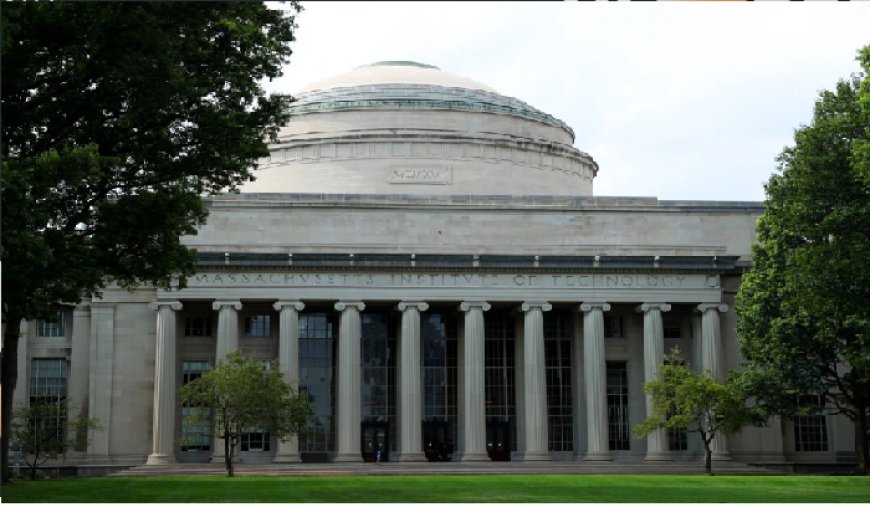Massachusetts Institute of Technology to Waive Tuition for New, Eligible Students

1.
A Cambridge-based university has announced a significant move to offer tuition-free education to about 80% of its incoming undergraduate students.
The Massachusetts Institute of Technology (MIT) revealed on Wednesday that starting in the 2025–2026 academic year, undergraduates from families earning less than $200,000 annually, with typical assets, will be eligible for free tuition.
This initiative is part of MIT’s expanded financial aid program, designed to increase accessibility for a wider range of students. The university highlighted that the new policy raises current aid eligibility thresholds, making an MIT education more attainable for many families.
Additionally, families with total incomes below $100,000 with typical assets will not be expected to contribute to their student’s MIT education, covering tuition, housing, dining, fees, and allowances for books and personal expenses.
Students will still be expected to contribute to their own costs through summer savings and work during the academic year.
The $100,000 income threshold has been raised from the current $75,000, while next year’s $200,000 tuition-free threshold increases from $140,000. MIT officials noted that these changes aim to make the institution more affordable and accessible to a diverse student body.
MIT President Sally Kornbluth emphasized the importance of the initiative:
"MIT’s unique educational model — rigorous, demanding, and rooted in science and engineering — offers immense value to students and society. We’re committed to making this transformative experience available to the most talented students, regardless of their financial circumstances. To every student dreaming of attending MIT: Don’t let financial concerns hold you back."
Unlike some institutions, MIT does not require students receiving financial aid to take out loans, nor does it give preferential treatment to alumni or donor families.
Stu Schmill, Dean of Admissions and Student Financial Services, reiterated the university's mission:
"We believe MIT should be the top choice for the country’s most talented students in science and technology, regardless of their financial background. Thanks to our need-based financial aid, MIT is now more affordable than ever, even as tuition costs have increased."
MIT’s endowment, supported by alumni contributions, helps fund these initiatives. Schmill added, "Our endowment represents a generational gift from past students to those of today and tomorrow."
Other prestigious U.S. universities have also introduced tuition-reduction programs. In 2024, Cooper Union announced scholarships covering about 82% of undergraduate tuition, with a goal of fully restoring free tuition by 2028. Johns Hopkins University, supported by a $1 billion Bloomberg Philanthropies donation, will provide free tuition for medical students from families earning under $300,000 and cover living expenses for those earning less than $175,000.
MIT’s new initiative underscores a broader trend in higher education, aiming to make elite institutions more accessible to students from diverse socioeconomic backgrounds.


















































